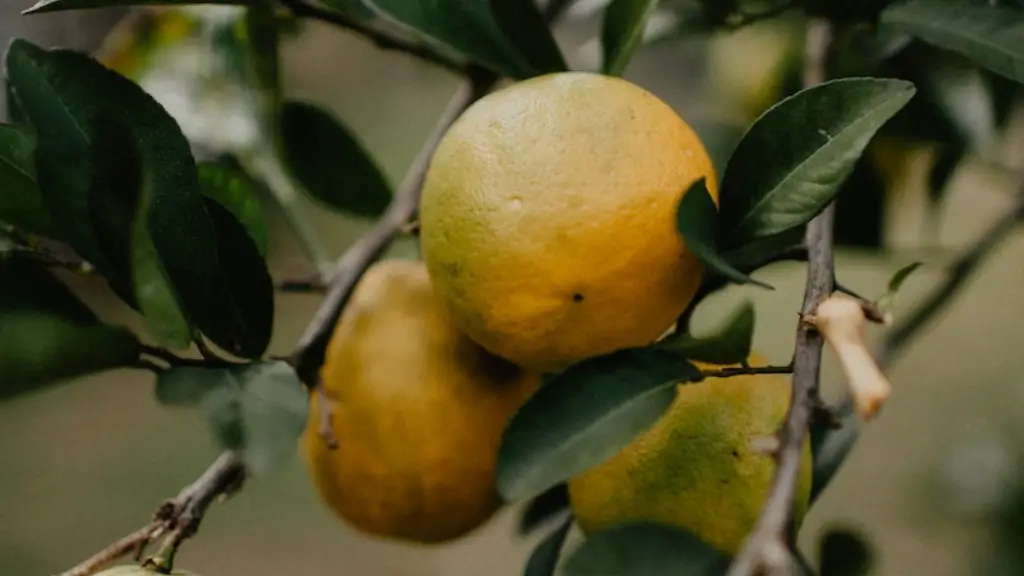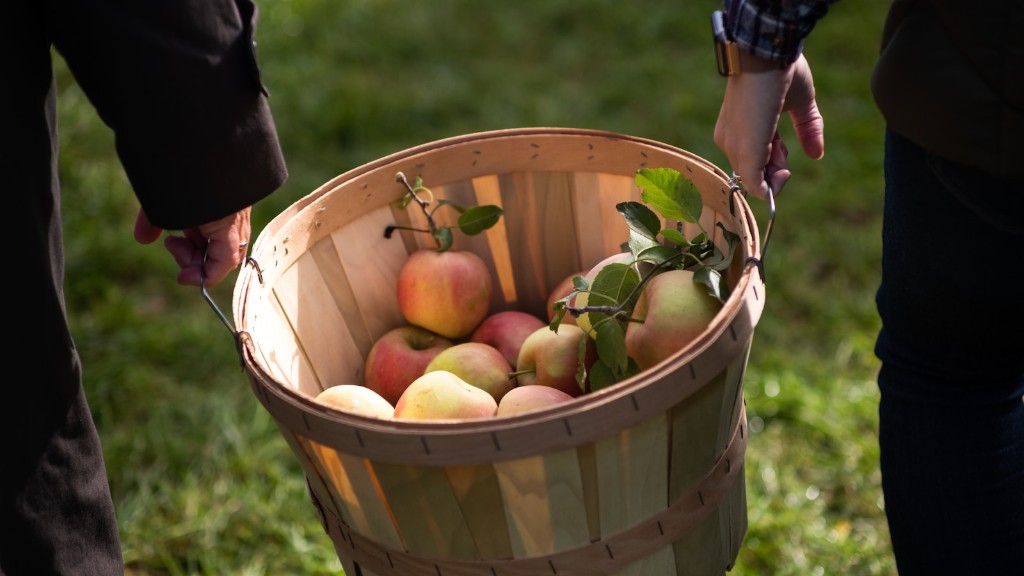Given the abundance of lemons from my own tree, it’s fair to wonder what to do with them all. With a plethora of uses, I’ve listed just a few of the ways that are most accessible. Firstly, preserving them by curing them in salt or sugar is a great way to keep the flavour and nutrients long term. Naturally, these preserved lemons can be used in cooking, with recipes ranging from savoury to sweet. Secondly, preserving the lemon juice and zest in ice cube trays, or by freezing them in their entirety is a cost effective option if you want the flavour and health benefits throughout the year. In addition, lemons can be used to make tea, cocktails or mocktails, cocktails, and cordials. Thirdly, lemons can be used to make sauces such as aioli and dressings; used to marinate meats, vegetables and fish; and also used as a garnish for dishes to enhance flavour and add colour. Lastly, dried lemon peel can be used as a spice mix and dried lemon flower petals make a beautiful, fragrant, zesty topping for salads or deserts.
Health Benefits
Lemons are a powerhouse of vitamins and minerals, especially when eaten during their peak harvest. Eating lemons, or consuming them in other forms, provides ample vitamin C and a load of potassium, magnesium, phosphorus and other vital nutrients. Along with this, lemons contain a range of active compounds, such as citric acid, limonoids and carotenoids. All of these compounds play a role in the body, mainly in immunity and cancer prevention. And due to the large amount of vitamin C, lemon can be great for energy and vitality, keeping us alert throughout the day.
Skin Care
For anyone looking to naturally enhance their skin care routine, lemons are a great option due to their abundance of vitamins and minerals, helping to improve skin’s health, glow and overall aesthetic. Lemons are especially great for acne prone skin, due to their natural antiseptic and antibacterial properties. Additionally, lemons can help tighten pores to reduce the appearance of age spots, help reduce puffiness and discoloration in the skin, and help tone and exfoliate, leaving the skin brighter and smoother.
Home Cleaning
Lemons are a great substitute if you want to naturally clean around your house. Fighting germs, mold and bacteria, lemons can be used to clean surfaces in the kitchen and bathroom, as well as windows and mirrors, thanks to the citric acid found in the juice. Also, giving furniture a wipe down with lemon can leave the area with a pleasant, fresh smell, and destroy unpleasant odors. Applying a combination of equal parts of lemon juice and olive oil can help break down and remove tough dirt, grease and grime.
Gardening
Lemons are a great all-natural fertilizer, great for enriching soil and keeping plants like azaleas or roses in great condition. The acidity of lemons can offer an acidic, balanced pH which is suitable for acid-loving plants. Furthermore, mixing the lemon peels and juice with Epsom salts can help to ward off pests, like insects or mites, and give the plants much-needed nutrients.
Holistic Remedies
Consuming lemons, or products containing its active ingredients, can also be seen as a holistic remedy. Daily consumption of lemon juice can help with regular digestion, alkalise the body and provide a level of detoxification for many systems. Additionally, drinking lemon water on an empty stomach in the morning can provide an immune system boost and protect from problems like the common cold. Furthermore, rubbing lemon juice on specific areas, mix with honey and cayenne pepper, can help reduce the pain of sore muscles and joint issues, as well as other aches and pains. The antibacterial properties of lemon are well known, and can help to reduce inflammation.
Cosmetics
For people looking for an eco-friendlier approach to cosmetics, lemons offer a natural solution. Due to the high amount of vitamin C and active compounds, lemons are used in many beauty products to increase antioxidant levels, whiten teeth and hydrate and tone the skin. In addition, lemons can be used as a natural cleaning agent in cosmetics, helping to reduce buildups that can damage the skin. Furthermore, lemon zest, juice or oil can be used to relieve skin conditions such as eczema and acne.

